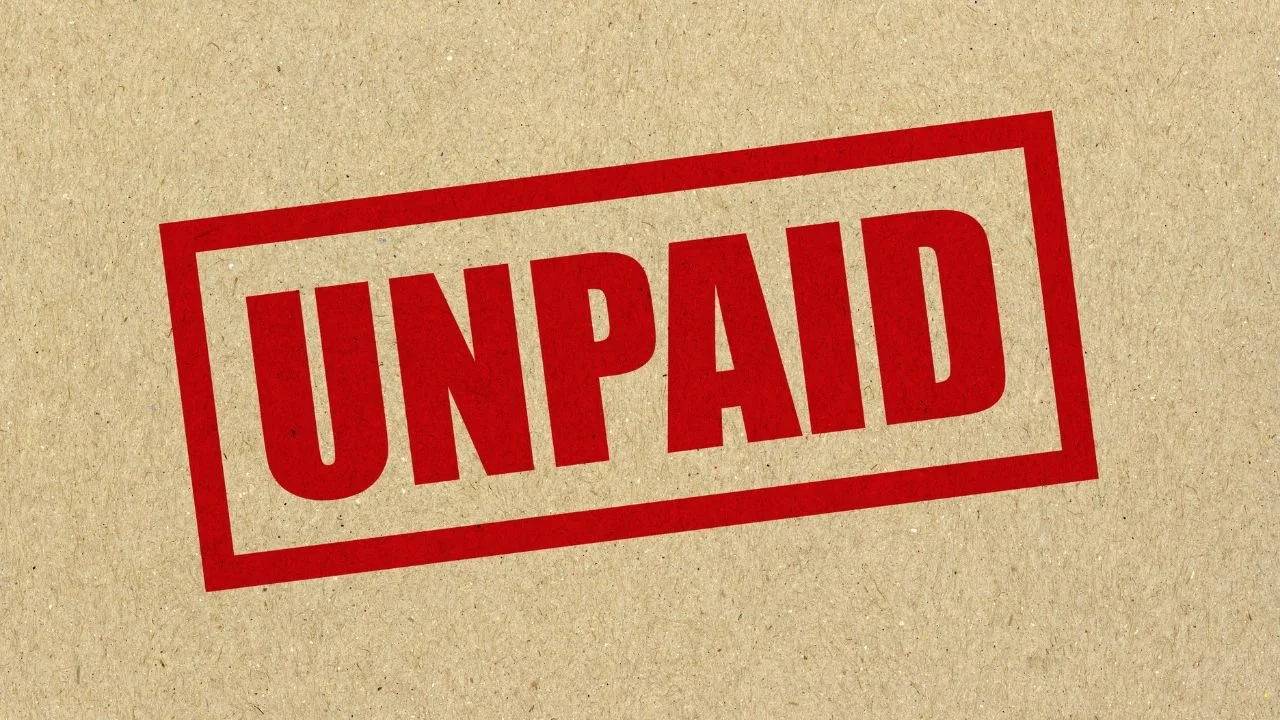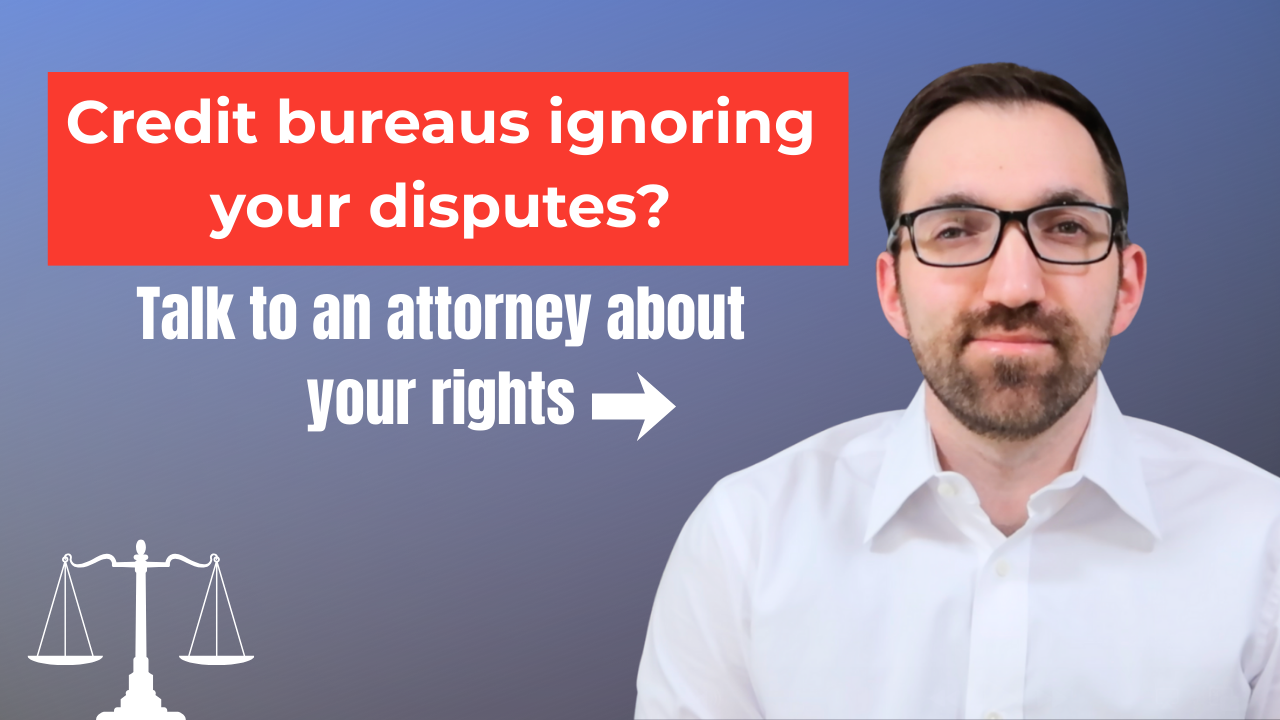How to Write a Charge-Off Dispute Letter (With Sample Letter for Credit Bureaus)
A charge-off on your credit report can seriously hurt your credit score. But what if the charge-off is wrong—or reported inaccurately?
In this guide, I’ll break down what a charge-off really means, when you should dispute it, and how to write a charge-off dispute letter (including a sample you can use today).
What Is a Charge-Off on Your Credit Report?
According to the Consumer Financial Protection Bureau (“CFPB”), a charge-off is a debt that the creditor deems “uncollectible” and removes from its balance sheet as a loss [CFPB, 2014 Report on Credit Reports].
Charge-offs typically appear on your credit report after about 180 days (or 6 months) of missed payments, though sometimes it happens sooner.
The charge-off itself is not what hurts your credit score. It is all the negative information that is reported along with the charge-off that does.
As Experian explains, “your payment history is the most important factor in your credit score, accounting for 35% of your FICO® ScoreΘ, the score used by 90% of top lenders.” [Experian Article on Charge-offs].
Since accounts only get reported as charged off after consecutive months of missed payments, most accounts that are being reported as “charge-off” will also be reported with missed and late payments. It is this negative payment history that will make the greatest impact on your credit score.
In addition to payment history, charged off accounts also often get reported as “delinquent” or in “collections” which further impacts your credit worthiness.
When to Dispute a Charge-Off on Your Credit Report?
If the charge-off on your credit report is inaccurate, incomplete, or doesn’t belong to you, you have the right to dispute it under the Fair Credit Reporting Act (FCRA). Here are some common reasons to dispute a charge off:
It’s not your account (possible identity theft).
The balance is wrong.
The charge-off date is incorrect.
The debt was paid before the charge-off.
The debt is paid but it’s still showing a past-due balance.
The debt is paid but negative remarks like “delinquent” or “in collections” remain on your report.
If the charge-off is accurate, a dispute likely won’t remove it. But once you pay off the debt and the account is updated to reflect a $0 past due balance, the charge-off should not impact your credit as much.
How to Write a Charge-Off Dispute Letter
Disputing a charge-off follows the same principles as disputing any other inaccuracy. Here is the step-by-step process:
The first step is to get your paperwork ready. For starters, make sure you include identifying information, such as your name, address and date of birth. It is also helpful to include a copy of your driver’s license and a proof of address.
Second, make it very clear in your documentation where the inaccurate charge-off is. Print out and highlight the exact part of the credit report you believe is wrong.
You’ll also want to write up a brief summary of why you believe the charge-off is inaccurate. Did you never open that account? Did you already pay off the balance? Explain in simple terms why the charge-off should not be on your credit report.
Dispute Letter for Charge Off: Sample Dispute Letter
The sample provided below is just that – a template. Please be advised that using the template does not create an attorney-client relationship and you are using it at your own risk.
The above disclaimers aside, the below letter should be all you need to properly dispute an inaccurate charge-off on your credit report. Make sure you input your specific details where I direct you to.
You can also include supporting details, but keep it clear and focused. Credit bureaus process thousands of disputes a day—your goal is to make the error easy to understand and correct.
Where to Send Your Charge-Off Dispute Letter
I recommend you mail your dispute letter via certified mail rather than doing it online. This allows you to track your dispute so you know when to check your credit report to see if it was fixed.
Here are the addresses for each major credit bureau:
Experian
P.O. Box 4500
Allen, TX 75013
Equifax Information Services, LLC
P.O. Box 740256
Atlanta, GA 30374
Trans Union Consumer Solutions
P.O. Box 2000
Chester, PA 19016
You can also send the dispute letter directly to the creditor reporting the inaccuracy, though this is optional under the FCRA. The credit bureaus have an obligation to notify the creditor of the dispute during their investigation. If they don’t they are in violation of the FCRA.
What Happens After You Send the Dispute Letter?
The FCRA provides the credit bureaus 30 days to investigate a dispute. After their investigation, they are required to send the results of their investigation to you in writing and correct any inaccurate information.
I recommend giving the credit bureaus 40 days, then checking your credit report to ensure the inaccuracy was corrected. If it’s not, you have two options. The first option is to dispute the inaccuracy again. Sometimes, additional disputes will get the error fixed when prior attempts didn’t.
The second option is to file a lawsuit against any credit bureau or creditor still reporting the inaccurate information.
This is what we specialize in at Reznik Consumer Law. Reach out today for a free consultation.



